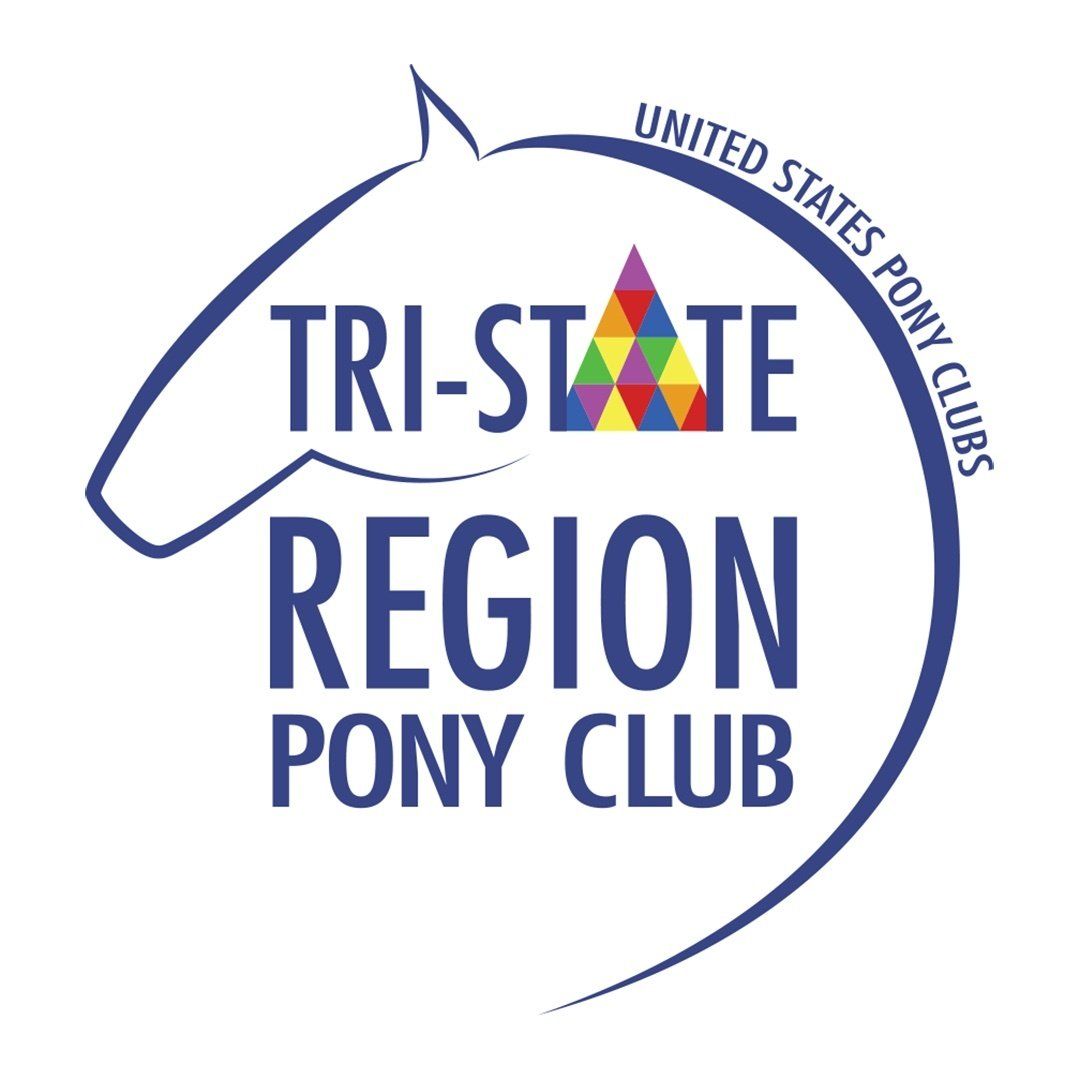
What do members do?
All of the registered clubs & centers pledge to fulfill the curriculum and program of the USPC. Each club is run by volunteers who deliver the program
in their own unique way that reflects their geographical location and the resources available to them.
Visit our Clubs & Centers page to learn more about our clubs and to get in touch with the District Commissioner (leader) directly.
Do I have to own a horse to be a member?
No, but you need access to a horse or pony and trailer for lessons and competitions. Or you can join one of the Riding Centers and use their horses!
What do you do at meetings?
Most clubs offer group lessons with their members divided by skill level. Club unmounted meetings (without horses) are also usually divided by certification (skill) level.
How much does it cost?
You must pay National, Regional, and local dues each year to be a Pony Club member. Regional and National dues are approximately $50 and $155 respectively. Club dues vary anywhere from $25 to $125. All Clubs are non-profit organizations and most hold fundraisers to help offset their program costs.
How do I join Pony Club?
Individuals join USPC by becoming a member of the local Pony Club or Riding Center. A club is a group of parents and other adult volunteers who have gotten together to administer the Pony Club program in their area. A center is an equestrian facility that has been recognized by USPC to administer the Pony Club program. Inquire with your local club or center to join!
Do parents need to "know" horses?
No, they don't need to "know" horses, but they will be involved. There are plenty of "non-horsey" tasks to be completed!
Do I need to/can I take riding lessons in addition to Pony Club?
Most members take riding lessons in addition to Pony Club. The Pony Club program is designed to be a supplement to any other formal individual training a member is receiving.
What makes Pony Club different?
There are three things that make Pony Club unique:
- Horse Management: we teach you how to care for your horse & equipment, both at home and while traveling
- Progressive curriculum: our Standards of Proficiency (SOP) build skills and confidence
- Team-based competition (rallies)
Does Pony Club have competitions?
Clubs and Centers send teams to regional “rallies,” or Pony Club competitions. Most rallies have teams of 4 riders and an unmounted stable manager. Teams are judged on both riding skills and Horse Management (the care of their horses & equipment.) Every summer there is a Championships event where members from all over the country come together to compete.
How much parent participation is needed?
Pony Club is a volunteer organization and many hands make light work! Ideally, parents (or supporters) should be present during meetings. All families are encouraged to work to make our clubs and region successful. And the rallies require many volunteers. There are even tasks for those who aren’t familiar with horses!
What is a Certification?
Pony Club Members demonstrate their skills and express an appropriate level of knowledge at each certification. Members are evaluated based on the Standards of Proficiency for each section of understanding. Encouraging comments will be noted and shared for the members to review and absorb after completion of their certification.
What are the Standards of Proficiency ?
The Standards of Proficiency (SOP) outline a clear progression of skills in riding and horse management. Members progress at their own pace. The levels of certification start at what is called D Level (beginner), progressing to C Level (intermediate) then to B Level and A Level (advanced).
What styles of riding does Pony Club teach?
Standards of Proficiency are available in Dressage, Eventing, Show Jumping, Hunter Seat Equitation, and Western. No matter what level of certification a riding member tests into they will be required to meet the SOP for both horse care and riding.
Note: clubs may not offer all of the riding styles in their program, but Horse Management is always available and certification can be pursued on it's own.
